
Self
All that you will see has really happened . Napoli Eden is an inspirational cinematic odyssey that highlights environmental protection through the theme of transforming recycled aluminum into works of art. Napoli Eden conveys a vision of redemption, social inclusion and the ethical and cultural rebirth for the city of Naples, Italy through the eyes of artist and filmmaker Annaluara di Luggo.
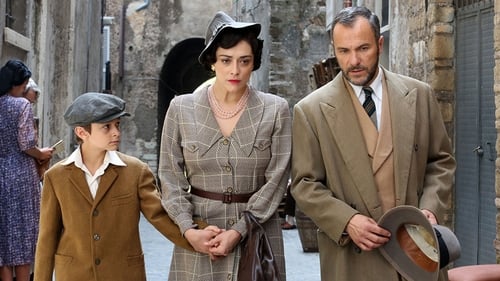
Mixing dramatizations and real-life interviews, this film tells the story of four Jewish children who endured the brutal anti-Semitism of fascist Italy.
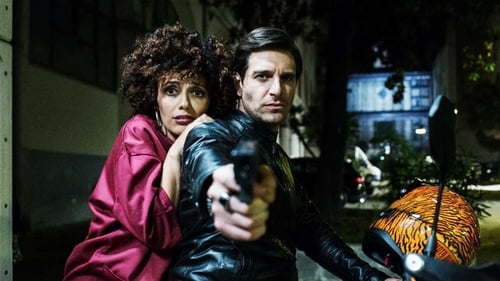
Stationer
Musical sobre la mafia que gira en torno a un jefe de la Camorra que decide cambiar de vida radicalmente e intentar desaparecer del radar de cualquier forma posible con la ayuda de la astucia de su mujer. Mientras tanto, una enfermera que está en las nubes y un temido sicario están divididos entre el pasado y un futuro incierto. Sus caminos se entrecruzan por medio de la música, acción, amor y ráfagas de balas.

Luciano Bove
Carlo and Melissa stay at a seaside villa but everything changes when Melissa discovers an ancient book of demons and the ghost of a 10 year old boy that's been dead for 40 years. She becomes possessed and it's up to Carlo, with the help of Anna De Luca, a professor on demonology, to stop the ritual that will bring about the rebirth of a 400 year old demon.

Vincenzo
Today, a special day for Luigi and Vincenzo, years of a love story in clandestine, for shame, fear, thinking do not have rights, no marriage, no family, neither walking hand in hand.... But this day, the same of the Napoli gay pride day, something changes.... Written by Giuseppe Bucci

General Cavallo
Cuando unos políticos hastiados nombran presidente a cierto personaje histórico, un humilde bibliotecario con el mismo nombre acaba convertido en líder de Italia.
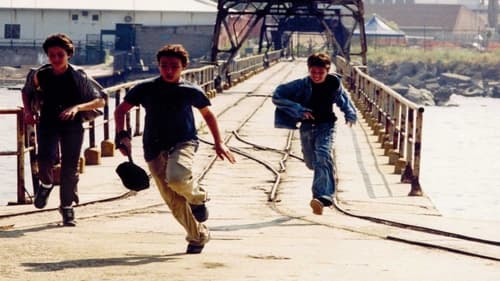
Rosario is 11 years old, he lives in the suburbs with his grandmother, a sick woman who spends time watching TV. He is the leader of a small group who spends his days between games rooms, small crimes and dangerous challenges.
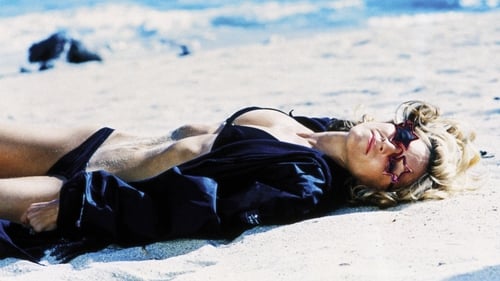
Burly Captain
Un marinero pierde la cabeza por una mujer rica y egocéntrica que está acostumbrada a salirse siempre con la suya. Aislados del mundo en una isla, él consigue invertir los papeles despojándola a ella de su orgullo y dominándola por completo. Finalmente, ella se enamora de él. Remake del film italiano "Insólita aventura de verano".
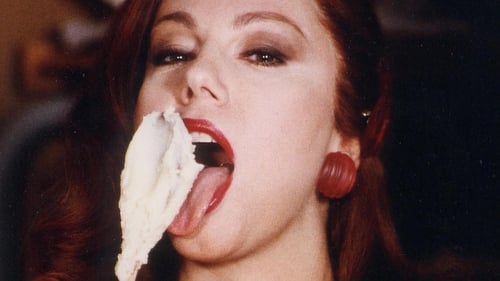
narratore
A woman is longing to make love to her husband once again, but he is always working or tired. At her wit's end she consults a medium, who has a couple of solutions for her problem. The first two solutions fail, but maybe the sweets will help?
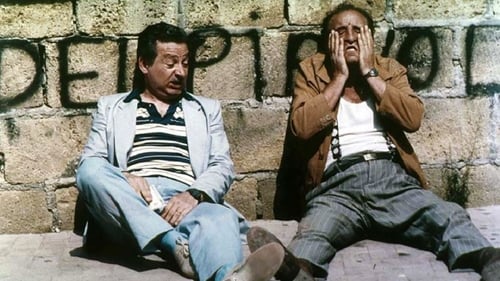
funzionario d'una ditta
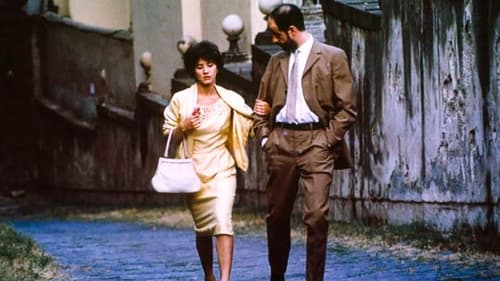
Stefanini
Naples, 1959. Pure Mathematics professor Renato Caccioppoli, Bakunin's grandson, is a tortured soul. Recently discharged from the psychiatric hospital, left by his wife, and increasingly disillusioned with academia and the Communist Party, he lives his last days with painful detachment.
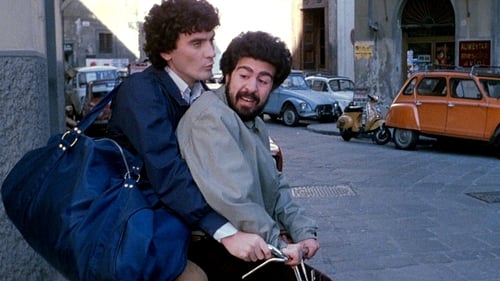
Patrizio
Gaetano, un joven napolitano, decide dejar la casa, el trabajo y los amigos, para buscar otros momentos de la vida y conocer a otras personas. Va a Florencia, a casa de su tía.

Cahiers du cinéma critic Serge Daney asks whether The Kingdom of Naples is "leftist fiction, kitschy melodrama, photo-roman, a decadent chronicle of a city, opera in a minor key, or simply the first realistic narrative film by Schroeter?" It is all of these and more: an epic chronicle of proletarian family life in Naples from 1943 to 1972 that brilliantly captures the wretched poverty, overwrought passions, and political, religious and economic upheavals of Sicily across two generations. Schroeter assimilates neorealist aesthetics and class sympathies with the tempestuous excesses of popular melodrama, borrowing freely from Rossellini, Pasolini, Visconti, Brecht, and Rossini. (Facets)











